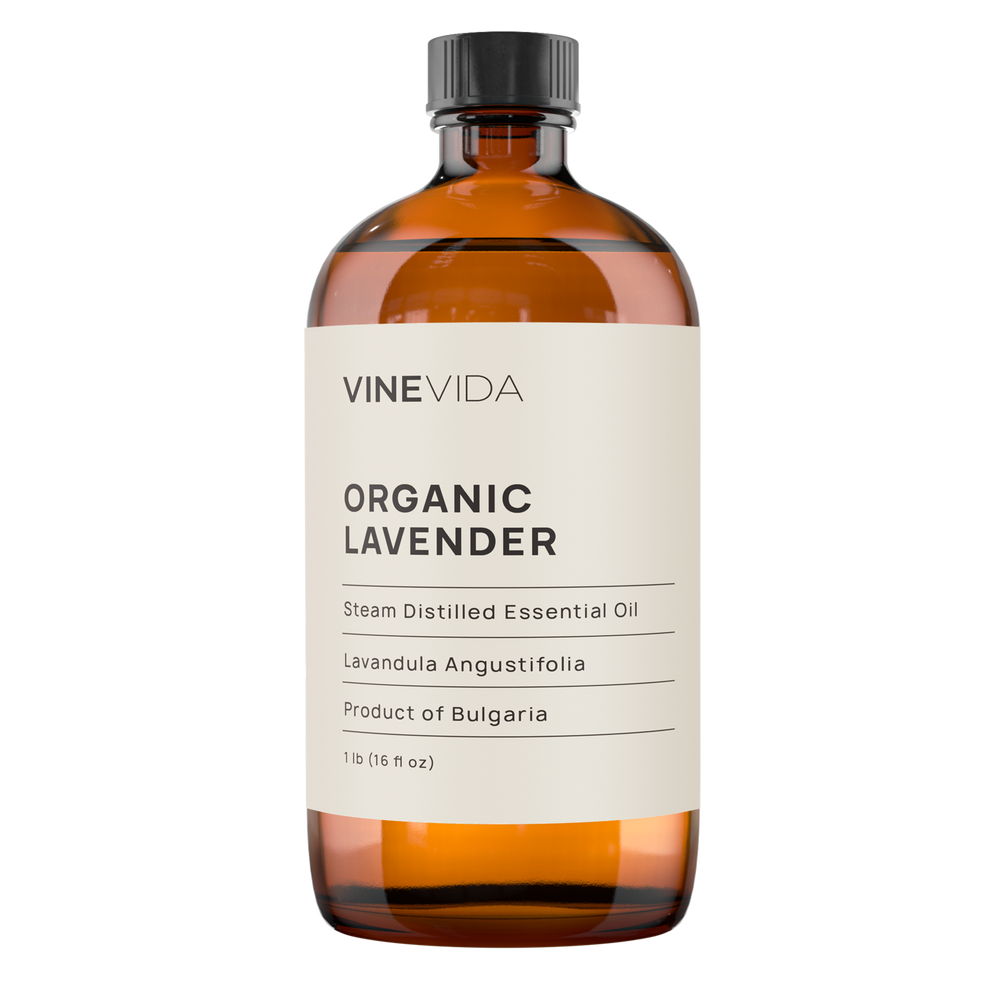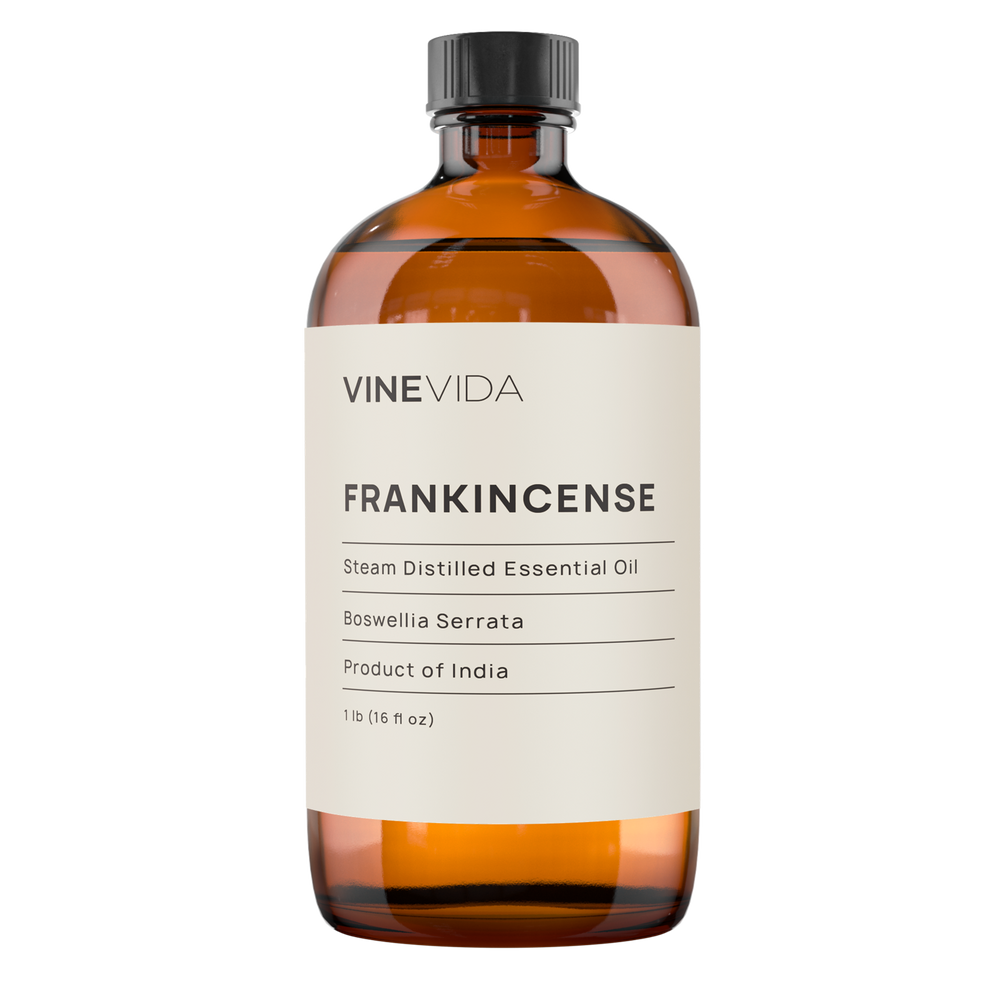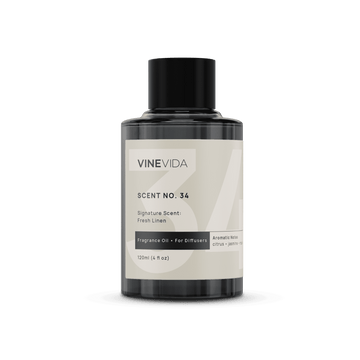People meditate for all kinds of reasons: mental clarity, motivation, relaxation, confidence, and even energy. When you think or hear meditation, you may envision sitting with crossed legs, eyes closed, and a feeling of calmness. But what about scent? We’ve developed a list of the best essential oils for meditation to help you stay mindful and in the zone.
Meditation can be different for everyone, but generally, it refers to the practice of contemplation or reflection. Aromatherapy is a great way to complement your meditation practice, particularly by using oils that help to center the mind. This post looks at some of the best meditation essential oils.

In this post, we will look at the benefits of using essential oils for meditation and discuss what we believe the best essential oils for meditation are and how to use them. Good luck with your practice!
What is The Purpose of Meditation?
We have three main speeds of brain waves. In alpha, we are concentrating and engaged. In beta, we are not necessarily focusing and are relaxed; our brain enters a theta state in sleep.
In a theta state, our conscious mind is quieter, so our unconscious can speak.
We are more relaxed, creative, and intuitive in this meditative state. We feel more connected to the universe and the divine in this state.
A study published in the journal Advances in Experimental Medicine and Biology examined the effects of two different kinds of meditation on the body. Zazen is a seated meditation believed to calm the body and mind. Tai Chi is a moving meditation.
The participants were assessed for the effects of the meditation via a psychological questionnaire to evaluate the effects of both techniques on personality structure, emotional intelligence, mood, and coping with stress.
Both meditations significantly enhanced openness to experience, which is associated with improved strategies for dealing with stress. Meditators exhibited less tendency to try to avoid stress when they perceived it. Their mood was seen to be better when compared to the control group, who had not been meditating. (Pokorski, 2018)
Early science suggests that meditation may be able to prolong life-based on its effects on tiny portions of DNA found at the end of chromosomes. Telomeres protect the ends of chromosomes from becoming frayed or tangled. Telomeres become slightly smaller every time a cell divides. Eventually, they shorten so much that it would be impossible for the cell to divide anymore, and then the cell dies.
Telemeres are seen as reliable biomarkers for worsening health and early death. Research by the University of Australia shows that meditation may protect against telemere death and shortening. (Schutte, 2020)
How to Meditate Spiritually?
Religion is a standardized dogma of spirituality. It is a cannon of beliefs around a prophet or way of being. It encompasses the buildings that worship is conducted in, the sacred texts, and songs.
Religion is a set text of how to teach yourself spiritually in a specific set of beliefs.
Spirituality is more about finding your way of connecting with what you perceive as divine. For some, that might connect with nature; for others, that might be about learning more about themselves or how they can be a better version of themselves.
All that is required to meditate is to slow the mind down. Usually, this is done by focussing on breathing, although music and essential oils can help.
Thinking about essential oils' spiritual meanings can also help you focus your mind in the right direction.
An essential part of meditation is clarity about what you are trying to achieve. Often it is easier to visualize where you want to go with it than asking your brain to be quiet.
Great essential oils for intention setting are neroli and sweet basil. They are great for helping you connect truthfully with what you want to achieve. Neroli combines manifestation - understanding that your thoughts can become things, and sweet basil forces you to stop procrastinating and to get on and do it.
The Deep Connection Between Meditation, Essential Oils, and Aromatherapy
Aromatherapy is a method of treatment in which plants' natural, aromatic extract is used to promote mental, physical, and spiritual health and well-being. It is also sometimes referred to as essential oil therapy. Smelling and inhaling essential oils is the basis of aromatherapy.
It can be done in many ways, including by adding oils to natural beauty and bath products. Meditation mainly involves focusing on your breathing patterns, a particular object, or a particular thought. Some of the best essential oils for yoga and meditation help you center your thoughts and focus better.
What Benefits are there in Using Essential Oils for Meditation?
Some of the best essential oil blends for meditation help are the ones that can boost all the benefits meditation has to offer. Meditation is all about calming and reflection; certain oils can help induce clarity and relaxation. Using oils in your practice also provides the additional benefit of aromatherapy.
Our list of the best essential oils for meditation includes oils that offer therapeutic benefits such as reducing stress, anxiety, depression, and more. As meditation centers around deep breathing, it’s the perfect opportunity to introduce aromatherapy into your life. Breathing, it’s the perfect opportunity to introduce aromatherapy into your life.
What are the Best Essential Oils for Meditation?
This list of the best essential oils for yoga and meditation is meant to give you an idea of the varying benefits of essential oil. So you can help choose the best option to incorporate into your practice. Remember that combining these or other oils can create your best essential oil blend for meditation.
Read More: What are the Best Essential Oils for Meditation.
10. Ylang Ylang Essential Oil
Number 10 on our list of the best essential oils for meditation, Ylang ylang essential oil is the extract of an Indonesian tree named ‘Cananga.’ Indonesian people have used Cananga trees' flowers and oil for decades in customary rituals.
Recent research also indicates that ylang ylang essential oil may be able to reduce stress, increase feelings of well-being, and improve mood. Ylang ylang oil benefits include:
- It can reduce stress, anxiety, and depression
- Its fruity aroma helps uplift your mood
- It is known as an aphrodisiac in some countries
- It can help boost self-esteem
Ylang ylang essential oil spiritual benefits are also about balance and how to integrate spiritual practice into your daily life.
9. Vetiver Essential Oil
Another one of the best essential oils for yoga and meditation is vetiver oil. Originating in India, vetiver is a fragrant grass that is similar to citronella and lemongrass. The oil is a dark golden brown and has an earthy aroma. When you use vetiver oil during meditation, it may offer the following benefits:
- Increase focus and concentration for a more mindful practice
- Help prevent insomnia by helping to improve breathing patterns
- Decrease anxiety, stress, and depression that arise due to inadequate sleeping patterns
8. Rosemary Essential Oil
Rosemary is a prevalent herb native to the Mediterranean, with a fresh, beautiful fragrance. People suffering from hair loss, muscle pain, and faulty memory may benefit from using rosemary essential oil.
If you are trying to come up with the best essential blend for meditation, rosemary is a great addition due to its unique properties. Some potential benefits include:
- Helping to improve memory, focus, and concentration
- A high level of antioxidants, which help to eliminate harmful free radicals
- Stress reduction
- It can help repel insects - particularly helpful if you choose to meditate outdoors!
7. Patchouli Essential Oil
Patchouli essential oil is extracted from the patchouli plant's leaves, which are native to tropical regions like Hawaii, Brazil, Malaysia, Indonesia, China, and India. This oil offers up a warm, sensual, and spicy scent. Patchouli essential oil has been used for hair and skin and to improve mental well-being. It is one of the best essential oils for meditation because:
- It may help reduce symptoms of menopause, such as night sweats and hot flashes
- Patchouli may be able to help manage stress and anxiety
- It makes a wonderfully grounding meditation oil. Particularly useful if it feels like the world is going too fast and you just want to get off.
- It’s also one of the most popular essential oils for yoga, mainly if you are focusing on root chakra work.
6. Myrrh Essential Oil
Myrrh essential oil makes the list of the best essential oils for yoga and meditation due to the high level of terpenes it contains. Similar to frankincense oil, myrrh oil comes from a resin. Together the two forms are possibly the best essential oil blend for meditation, with their benefits becoming stronger when together. Some of these benefits include:
- Myrrh oil works as a natural analgesic, potentially helping to reduce cough and congestion symptoms.
- Contains potent antioxidant and anti-inflammatory properties.
- Thought to induce feelings of relaxation.
- Reputed to encourage spiritual awareness.
- Does a wonderful fragrant heart meditation, especially blended with rose. It encourages love and healing from a broken heart.
5. Lavender Essential Oil
Scientific research on the health benefits of lavender essential oil began in the 19th century. During an experiment, a famous French chemist accidentally burnt his hand. He inadvertently used lavender oil to treat his burns and then researched this oil further to discover other potential benefits.
Many people use lavender to treat skin conditions like acne, wrinkles, and sunspots. It is also famous for its calming properties, as well as for being an effective sleep aid.
We recommend using lavender oil for a nighttime meditation fragrance oil to help promote restful sleep.
4. Clary Sage Essential Oil
Clary sage essential oil is the extract of a flowering herb that originates in the Mediterranean known as sage. The oil is obtained from fresh leaves and buds of the herb. The color of the oil is pale yellow-golden, and it has a new, earthy scent. When it comes to meditation, clary sage offers many potential benefits:
- Research shows it can help lower blood pressure
- Studies indicate that it can promote relaxation
- It may also work as a natural antidepressant
3. Chamomile Essential Oil (Roman)
Roman chamomile essential oil is an extract of the daisy-like chamomile flower. In many countries, the oil is used in lotions and medicinal ointments as it is potentially effective at treating eczema. We have chamomile on our list of the best essential oils for mediation for the following reasons:
- It contains properties that can help reduce stress, anxiety, and depression—particularly, Generalized Anxiety Disorder.
- Chamomile is known to be a safe, effective sleep aid and a beautiful essential oil for relaxation of body, mind, and spirit.
2. Bergamot Essential Oil
The extract of bergamot essential oil comes from a citrus fruit native to Italy. This oil offers a robust, floral fragrance that is common in producing perfumes and cosmetics.
Clinical research indicates that bergamot is effective at reducing feelings of anxiety and depression and is even capable of lowering heart rate and blood pressure. For this reason, it is high on our list of the best essential oils for meditation.
1. Frankincense Essential Oil
Frankincense essential oil is top of our list of the best essential oils for meditation! This is partly due to its long history of use in physical and spiritual healing. As we mentioned earlier, frankincense and myrrh are probably the best essential oil blend for meditation. The potential benefits of frankincense oil include:
- It’s a potent anti-inflammatory agent
- Research indicates it may be able to improve sleep quality
- Spiritually, frankincense is reputed to help bring peace and balance to the soul
- Thought to improve mental clarity.
It’s a beautiful choice if you want to make a prayer essential oil blend.
Creating the Best Essential Oil Blend for Meditation
As we mentioned before, our list of the best essential oils for meditation is just a guide. Once you become more familiar with the different fragrances of oils, along with their benefits and uses, you can create your own combinations. Here are a few of our personal favorites:
For Spiritual Awakening
- Patchouli Essential Oil: 2 drops
- Frankincense Essential Oil: 2 drops
- Bergamot Essential Oil: 3 drops
For Mindfulness
- Frankincense Essential Oil: 2 drops
- Vetiver Essential Oil: 3 drops
- Clary Sage Essential Oil: 2 drops
For Stress Relief
- Ylang Ylang Essential Oil: 2 drops
- Lavender Essential Oil: 3 drops
- Clary Sage Essential Oil: 2 drops
How to Use Essential Oils for Meditation
The two standard methods of using essential oils during meditation are:
- Topical Application
- Diffusion
Topical Application
If you wish to apply essential oils topically to the skin, the most important thing to know is that you must dilute them with a carrier oil first. Using oils topically means that in addition to reaping the benefits of aromatherapy, you also receive any potential benefits to the skin. For example, lavender and frankincense oil are both reputed to help reduce signs of aging, including sun damage and fine lines. Other oils may help ease sore muscles and joints.
Inhalation
If you don’t wish to apply oils to topically, you can also use inhalation. The most common way to inhale the aroma of oils is through diffusion. There are both passive and active methods of diffusion, and both work to spread the scent of oils around a room. This works great for meditation as it helps to create a calming atmosphere. If you want to try using the best essential oils for meditation via diffusion, here are a few methods to consider:
TISSUE INHALATION
All you have to do for this method is place a few drops of your favorite essential oil on a piece of tissue paper, and voila! Add 2-3 drops to the tissue paper and wave it near to your nose. This is a great method to use if you share your space with others, as some people have sensitivities to certain fragrances. You can also sniff oils directly from the bottle, for a quick burst of aroma.
STEAM DIFFUSION
A steam diffuser blends oil and water together to create either a cold or warm mist that is diffused into the air. It is one of the most popular methods of diffusion and is suitable if you're meditating in a room where just a small amount of air can enter or exit. If you don’t want to go to the extent of purchasing a diffuser, you can also use a pot of boiled water, adding in a few drops of oil. Cover with a lid, letting the steam build up, and then (safely) release it in the area you wish to meditate.
The Best Essential Oils for Meditation: Precautions to Consider
Though essential oils can be a great addition to your meditation practice, it is important to make sure you are using them safely and sustainably. A few important precautions to take are:
- Never ingest essential oils, as they are extremely potent
- Always dilute oils first before applying topically. For adults, this means 6-10 drops for every ounce of carrier oil
- If you notice any discomfort while using (such as headaches) it’s best to discontinue use, as some people have allergies and sensitivities to essential oils
Conclusion
There is a deep connection between essential oil and mindfulness. With our list of the best essential oils for meditation, we hope that you will find the perfect oil for your practice. Whether you choose to use topical application, or diffusion, ensure that you always follow proper guidelines for use. Essential oils are very concentrated, which means you need to dilute them before applying to the skin. If you create what you consider to be the best smelling essential oil blend for meditation then leave a comment below, letting us know what it is!
























